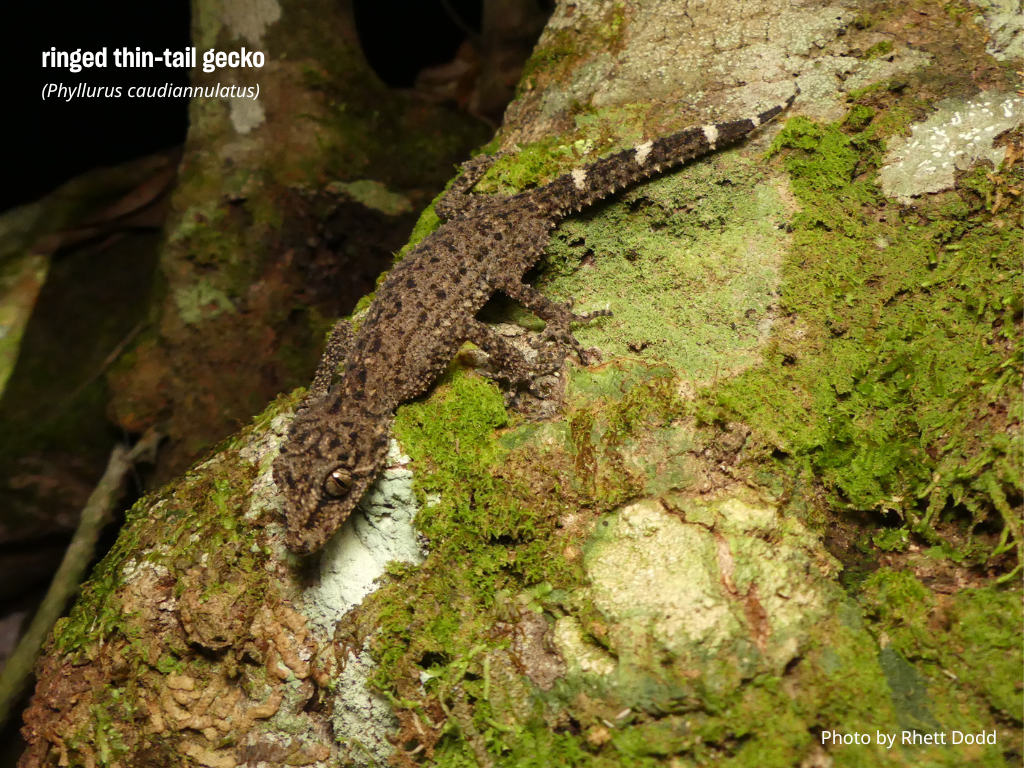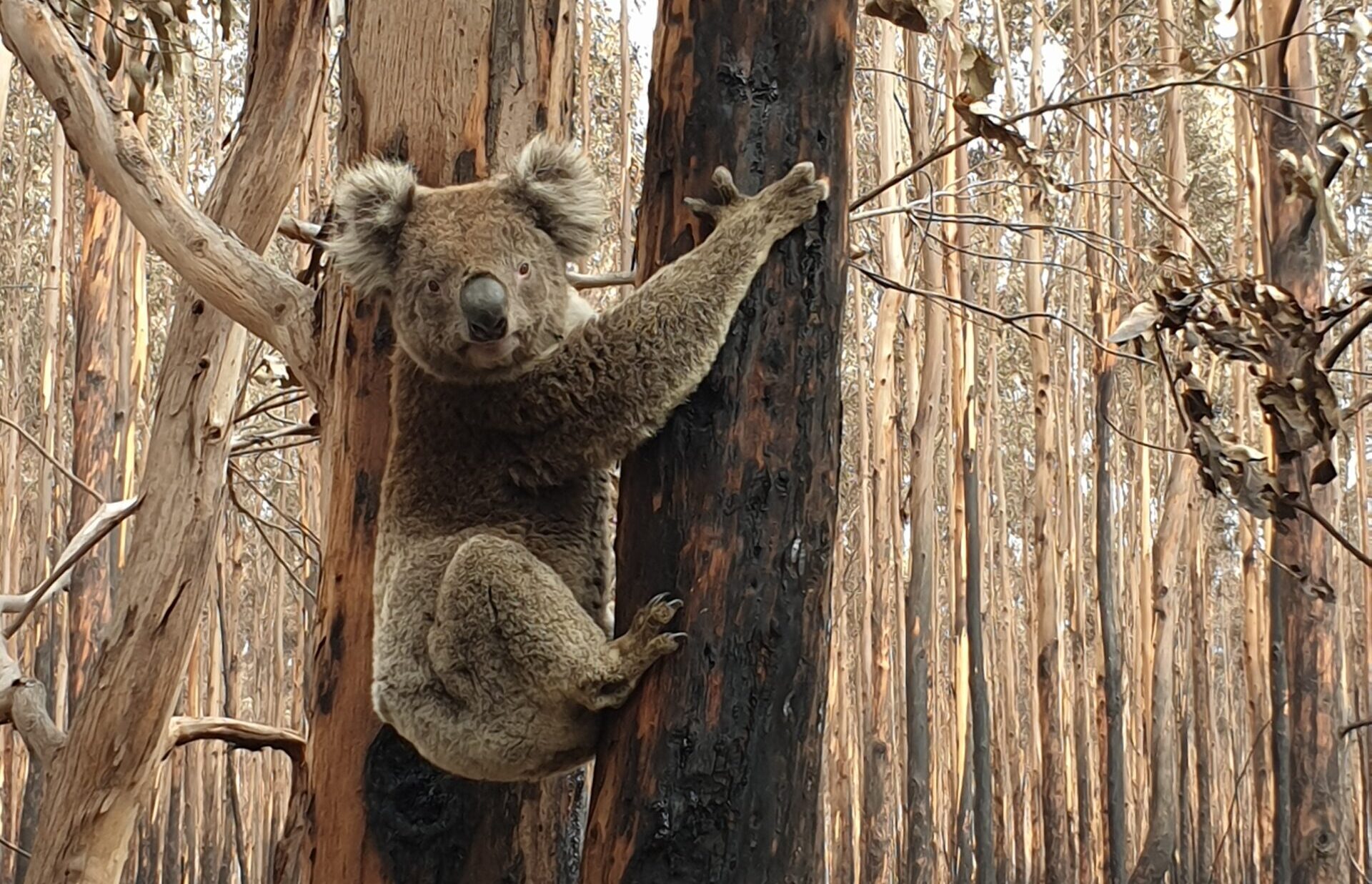Later this month, two Humane World for Animals Australia biologists, Dr Renae Charalambous and Lawrence Chlebeck, will travel to the ancient city of Samarkand, Uzbekistan to attend the 20th Meeting of the Conference of the Parties (CoP) for the Convention on the International Trade in Endangered Species (CITES). As strange...
Humane Society International (HSI) has received confirmation that the whale calf entangled in a shark net at Currumbin Beach has been freed after its ordeal. This is the seventh whale entanglement of the season.
HSI is deeply disappointed in the inaction of the Queensland Government with regard to the use of shark nets. The Shark Control Program’s Scientific Working Group advised a removal of shark nets and replacement with alternatives during whale migration.
The distressing entanglement of a whale calf this morning is a direct result of this inaction.
Shark nets provide nothing more than a false sense of security, are outdated, and lethal to Queensland’s marine wildlife. We support the ongoing efforts of the Queensland Department of Agriculture and Fisheries to trial new non-lethal technologies to reduce the risk of shark bite, and call for the immediate removal of the shark nets, at the very least during whale migration season. Modern strategies to manage shark bite risk, such as drone surveillance and alert systems, are in use and proving effective in New South Wales.
Lawrence Chlebeck, marine biologist with HSI remarked, “There is no surprise this happened. And it will keep happening until a change is made. The Queensland government must listen to their experts and approach the issue of shark bite mitigation with reason and logic. What has happened to this poor calf is a tragic and confronting example of what is happening to wildlife off Queensland’s coast in the shark nets every day. There are better ways of managing the risk of shark bite which don’t involve harm to wildlife.”


